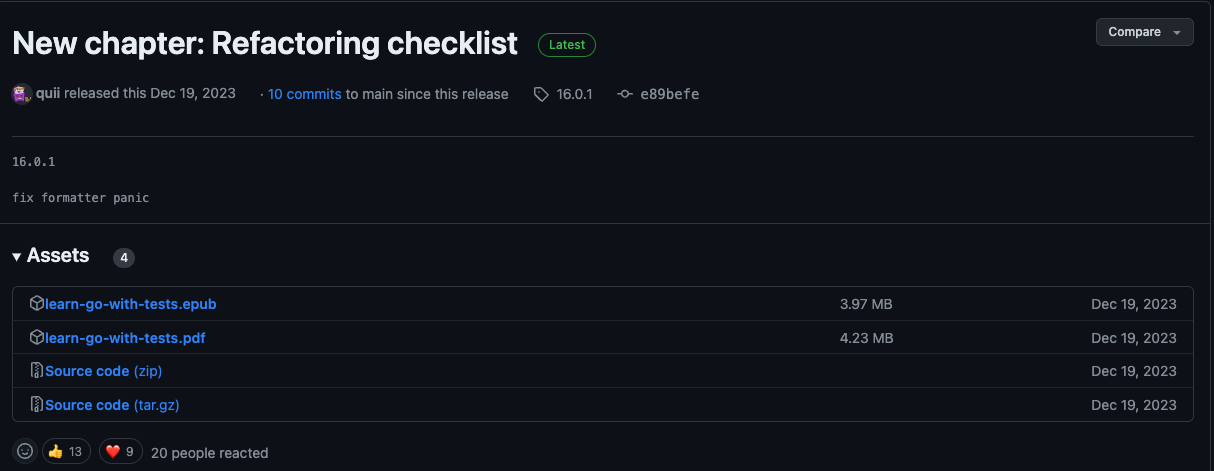Is Writing a Book Worth It?
I’ve long realized that I love to write, but I just don’t have the time or the energy to do so. I enjoy pondering over things that might not even catch someone else’s attention. But, of course, it wasn’t always like this. Initially, I was an enthusiastic reader, devouring books whenever I had the chance. To this day, it remains my favorite pastime. Learning knowledge and new approaches. Today, I contemplated whether it’s possible to write a book through blog posts, what its theme should be, and, of course, whether it’s worth delving into.

Previously, my writings were mainly aimed at promoting one project or another. I wasn’t good at it, especially since I never considered my writings good enough. Another issue was that I wasn’t born in an English-speaking area or any other significant language community. So, any content I wanted to publish was either accessible to a small audience or needed translation, which didn’t always turn out as I wished.
Writing a Book through Blog Posts?
When you think about it, a book is nothing but a massive collection of text. It starts with an idea and then expands thought by thought, story by story, into a large body of writing. We try to organize these bodies of text into logical units, which can later become chapters. From these chapters, a content eventually forms, for which we create a table of contents.
This is the first draft. Nobody is born a writer, so to turn writing into a book requires a good deal of post-work. Then, there needs to be someone who can deliver it to the audience. The rest, I’ll figure out along the way. :)

How to start? Ever heard of Git? A wonderful and entirely logical service. Git, a version control system, was invented for managing text-based source codes. It supports collaborative work and helps manage changes. When I first realized that it could actually be used to create books, a new world opened up before me. Take a look at Learn Go with tests hosted on Gitbook. But if we check the latest release, we can see that it’s available in PDF and EPUB formats as well.

This was achieved using pandoc, a marvelous tool for converting content. The simpler the text’s format, the easier it can be transformed. And if you have ever looked at my blog, it is on GitHub, formed with just simple markdowns.
So, what’s the first step? You need to write. What to write about? Anything that somehow relates to a given theme. What if you have a theme in mind that doesn’t relate to the topic? For that, a new folder or tag is sufficient.
But a question that might arise: In today’s world, why on earth would someone want to write a book? Everywhere you look, there are short videos, tweets, videos of cats.
Waste of Time or Creation of Value??
Yes, you’re absolutely right. Writing a book, especially, might not be worth it. It takes a long time, and fewer and fewer people are reading. I also notice that if I don’t know something, I’d rather look for a YouTube tutorial or ask ChatGPT about it.

The book is just a comprehensible metaphor for the knowledge base I want to build. Its concrete manifestation will be part of a long process. Have you heard of the term metagame? Metagame, or the game around the game, usually occurs in actual games. In my view, the game with the best graphics is life itself. What do they call it in life? Marketing… but I’d rather call it content production.
Once we have some content, it just needs to be shaped and digitalized, ready to be shared on various platforms. Which platform to share it on is another topic entirely. Many recommend choosing one platform and trying to succeed there. I don’t necessarily agree because we fall into the trap of vendor locking. Instead, I prefer platform-independent solutions, as I can easily and quickly move raw materials from one place to another, presenting them in a more effective form.
But does it work? Look at Alex Hormozi and the hype he created with $100M Offers (Amazon). And by the way, with this link, I’m also contributing to his metagame. :)
Cybersecurity and Mental Health
If it’s not clear behind the long story and motivational fluff, I’d like to talk about mental health in the cyber world.
Nowadays, security technology has a huge impact on me. The more I delve into it, the more I realize I know about nothing. So, what can we expect from an average user, a consumer? Luckily, I had the chance to work on a project that helped millions of people make their daily lives safer, but I still didn’t feel it was enough. When I left the project, we were protecting more than 7000 servers worldwide, and millions of websites were secured, mainly small and medium business sites or simple bloggers' pages. However, I was curious about the security technology situation in large companies. My very first project was a slap in the face. We worked on an observability software that monitored 30000 servers, owned by barely 30 corporate groups.
Our team didn’t specifically deal with security technologies but focused on providing its clients with metrics that facilitated their growth and reliability. However, unnecessary IT security constraints constantly hindered us. Here, I might sound misleading; security technology is essential for everyone. But not everyone has the same needs. We can’t demand a server-side command-line application to meet the security technical requirements designed for web applications.

Then, new challenges arose, and I helped create a company’s security policy. That’s when I truly realized that in cyber security, the human element is the most significant vulnerability. How do you ensure that people are safe? People could be your employees, your customers, their customers, and yourself. How can you create a secure system that meets so many needs? The answer is simple. You can’t. Every person is different, with different needs and levels of knowledge. Immediately comes the wonderful idea, then measure this level of need and requirement. But if we take it seriously, we eventually get to behavioral science and from there to psychology.
How can I convey this vast knowledge and observation? To a company, maybe with a training? To the public, with a YouTube channel? With a book, which perhaps a few will read? Or with a blog post, which will eventually reach the right audience? I’ve never written a book, although I’ve made attempts. For example, the startup guide, where I tried to describe my own startup experience. The lesson… people.
I don’t understand people… (that much. :)) And a startup can only be created with people. You need someone who can dream up an idea, someone who can execute it, someone who can provide the necessary funds so others don’t starve while the project becomes successful if it ever does. You need someone who can sell the idea. Someone who can keep the team together. And someone who can properly handle the customers. And, of course, the customers are just people too.
How do you forge a startup if the participants don’t feel safe in it? No salary, no customers, no product. I’ve gotten used to this risk to some extent, but I don’t think others have the tactics I do to try to reduce this feeling. Thus, some of my experiences or solutions might help minimize the risks.
Btw, I guess you didn’t notice, this post is part of my metagame. :)
What Do You Think?
Do you have a topic you could talk about for hours? What’s your strategy for staying focused? And have you ever thought about the metagame, the game around the game?